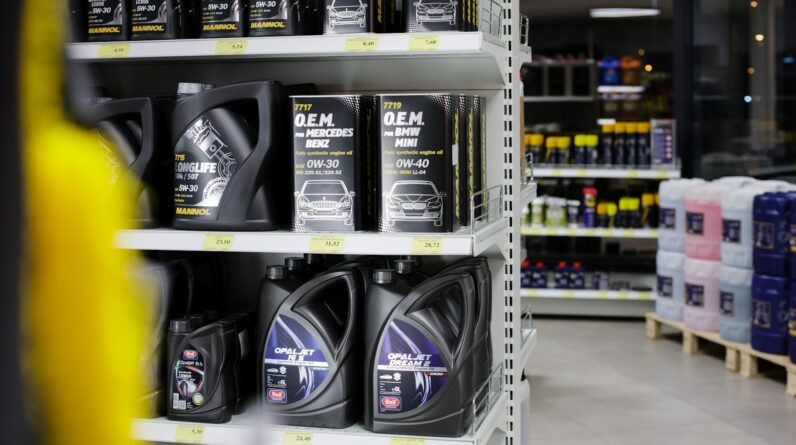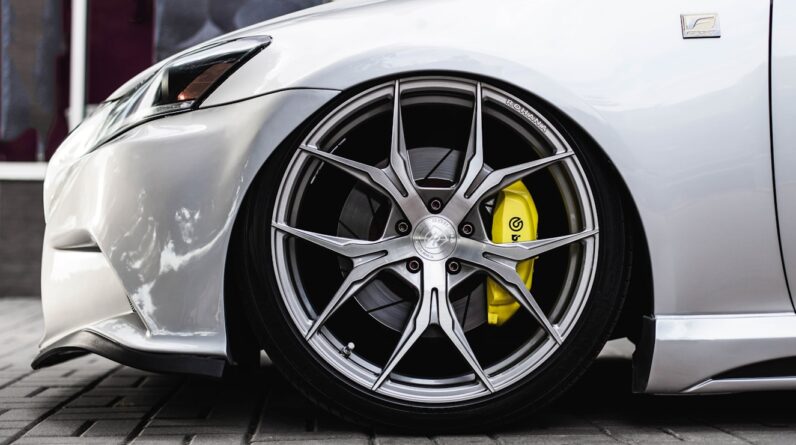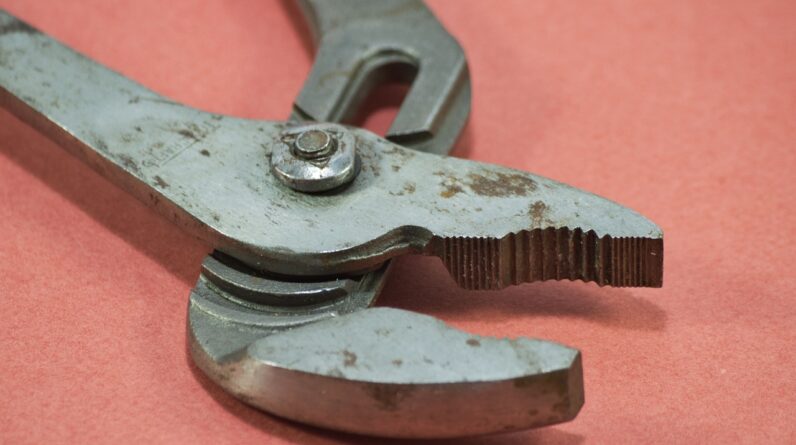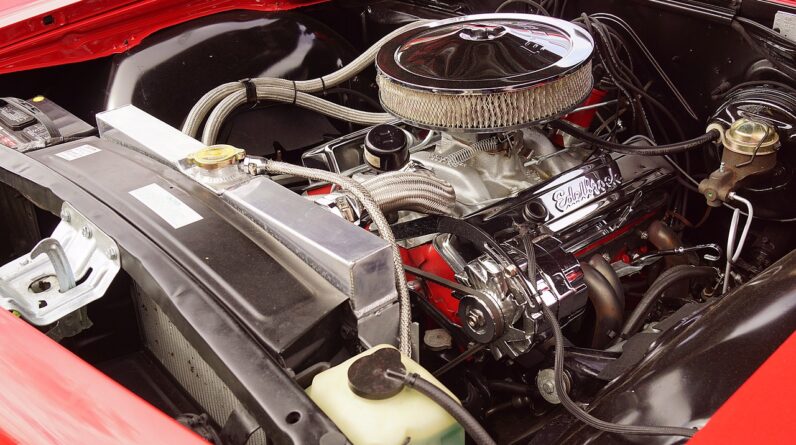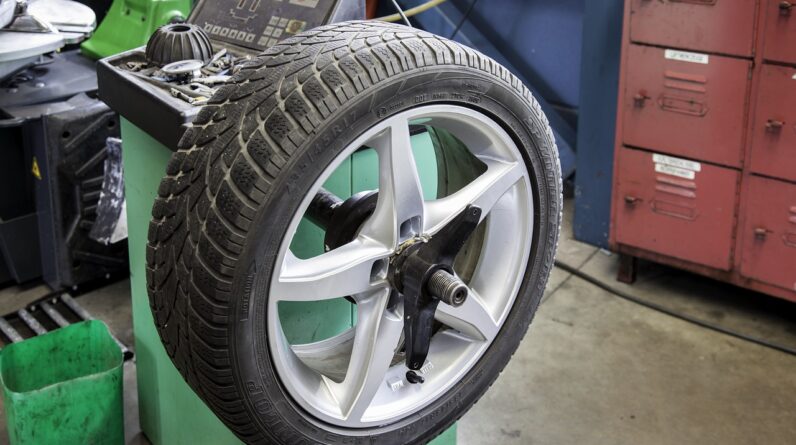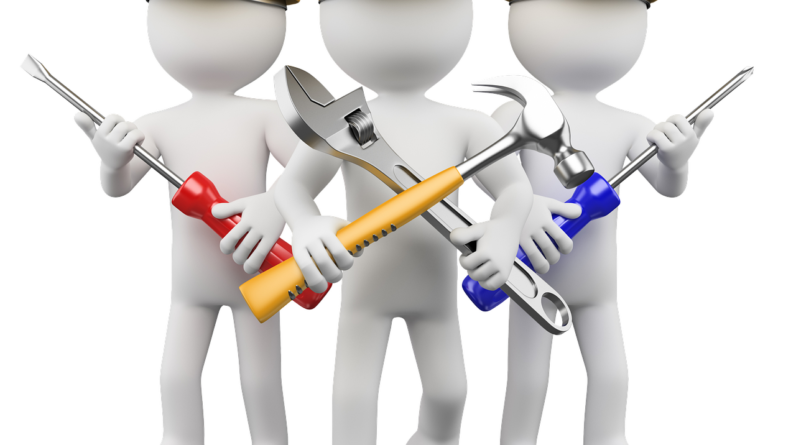
Stranded with a broken-down car? Discover quick car repair tips and maintenance advice to keep your vehicle running smoothly. Read now and drive confidently!
Have you ever found yourself stranded on the side of the road with a car that just won’t start, wondering what could have gone wrong? Trust me, I’ve been there, and I know how frustrating it can be. So, I’ve gathered some quick car repair tips that you can trust to keep you moving without a hitch. From simple fixes to regular maintenance tips, this guide aims to arm you with the knowledge you need to keep your car running smoothly.

Understanding the Basics
Before diving into specific tips, it’s important to get a grasp on some basic concepts. Knowing what’s under the hood can save you time and money in the long run.
Engine
The engine is the heart of your car. It converts fuel into motion, making it the most crucial component. Regularly check the oil levels and look out for any unusual noises.
Transmission
The transmission ensures your car shifts between gears smoothly. Maintaining proper transmission fluid levels can prevent a host of problems.
Battery
Your car’s battery provides the electrical power needed to start the engine. Make sure the connections are clean and tight, and replace the battery every few years to avoid sudden breakdowns.
Brakes
Good brakes are essential for your safety. Regularly check your brake pads and fluid to ensure they are in good working condition.
Regular Maintenance Tips
Consistent maintenance is the key to avoiding unexpected car troubles. Here are some regular maintenance tasks you should perform to keep your car in top shape.
Oil Changes
Oil is the lifeblood of your engine. Over time, it gets dirty and loses its effectiveness. Change your oil every 3,000 to 5,000 miles or as recommended by the manufacturer.
| Mileage | Action |
|---|---|
| 3,000 | Check oil and filter |
| 5,000 | Change oil and filter |
Tire Maintenance
Keeping your tires in good condition ensures better fuel efficiency and safety. Rotate your tires every 6,000 to 8,000 miles and check the air pressure monthly.
Battery Check
A dead battery is a common reason for car troubles. Inspect your battery connections for corrosion and ensure they are tight. If your battery is more than three years old, consider replacing it.
Quick Fixes for Common Problems
Sometimes, car issues can arise out of nowhere. Having a few quick fixes up your sleeve can get you back on the road faster.
Jump-Starting a Car
A dead battery can be quickly resolved with a jump start. Here’s a simple guide:
- Position the Cars: Place the functioning car close to the one with the dead battery.
- Connect the Cables: Attach the red clamp to the positive terminal of the dead battery and then to the positive terminal of the good battery. Attach the black clamp to the negative terminal of the good battery and then to a grounded metal surface on the dead car.
- Start the Cars: Start the functioning car first and then the one with the dead battery.
- Remove the Cables: Remove the cables in the reverse order of how you attached them.
Fixing a Flat Tire
A flat tire can ruin your day, but changing it is easier than you might think.
- Loosen the Lug Nuts: Use a wrench to loosen the lug nuts before raising the car.
- Lift the Car: Use a jack to lift the car off the ground.
- Replace the Tire: Remove the flat tire and replace it with the spare.
- Tighten the Lug Nuts: Once the new tire is in place, lower the car and tighten the lug nuts.
Overheating Engine
An overheating engine can cause significant damage if not addressed promptly. Here’s what you can do:
- Turn Off the AC: This reduces the load on the engine.
- Turn On the Heater: This helps to draw heat away from the engine.
- Pull Over: Stop your car in a safe location and let the engine cool down. Check the coolant levels once the engine has cooled off.
When to See a Professional
While there are many car issues you can tackle on your own, some problems require the expertise of a professional mechanic. Ignoring these issues can lead to more costly repairs down the line.
Unusual Noises
Strange noises are often a sign that something is wrong. Common noises to watch out for include:
- Squealing: Often related to the brakes.
- Clicking: Could indicate issues with the transmission.
- Knocking: Usually related to the engine, particularly if it occurs when accelerating.
Warning Lights
Modern cars are equipped with various warning lights that alert you to potential problems. It’s crucial to pay attention to these:
| Warning Light | Possible Issue |
|---|---|
| Check Engine | Various engine-related problems |
| Battery | Battery or electrical system issues |
| Oil | Low oil levels or oil pressure |
| Brake | Brake system issues or low fluid |
Frequent Stalling
If your car stalls frequently, it’s a sign of a more serious issue. This could be related to the fuel system, ignition, or even the engine itself. A professional mechanic can diagnose and fix the problem.

Essential Tools to Keep in Your Car
Having the right tools on hand can make a world of difference when you’re dealing with minor car issues.
Basic Toolkit
A basic toolkit should include:
- Wrenches
- Screwdrivers
- Pliers
- Ratchet and sockets
Car-Specific Tools
In addition to a basic toolkit, consider keeping the following car-specific tools in your vehicle:
- Jack and Lug Wrench: Essential for changing a tire.
- Jumper Cables: Handy for jump-starting a dead battery.
- Flashlight: Useful for night-time repairs.
- Tire Pressure Gauge: Helps ensure your tires are properly inflated.
- Multimeter: Useful for diagnosing electrical issues.
Pre-Trip Checklist
Before embarking on a long journey, it’s wise to perform a pre-trip checklist to ensure your car is road-ready.
- Check the Oil: Make sure your oil levels are adequate.
- Inspect Tires: Ensure your tires are properly inflated and have good tread.
- Test the Battery: Check the battery’s charge and connections.
- Examine Brakes: Ensure the brake pads and fluid levels are sufficient.
- Review Lights: Make sure all headlights, brake lights, and indicators are working.
| Item | Check |
|---|---|
| Oil Levels | Adequate |
| Tires | Proper inflation |
| Battery | Charged |
| Brakes | Functional |
| Lights | Working |

Fuel Efficiency Tips
Fuel prices can be a burden, but you can improve your car’s fuel efficiency by following these simple tips.
Regular Maintenance
Keeping your car well-maintained ensures it runs efficiently. Replace air filters regularly and ensure your tires are properly inflated.
Lighten the Load
Remove unnecessary items from your car. Extra weight makes the engine work harder, reducing your fuel efficiency.
Smooth Driving
Aggressive driving, such as rapid acceleration and hard braking, can significantly decrease your fuel efficiency. Try to drive smoothly and anticipate stops to improve your mileage.
Emergency Situations
Preparedness can make all the difference in an emergency situation. Here’s what you should know.
What to Do in an Accident
If you’re involved in an accident, it’s important to stay calm and follow these steps:
- Check for Injuries: Make sure you and any passengers are okay.
- Move to Safety: If possible, move your car to a safe location out of traffic.
- Call for Help: Contact emergency services and report the accident.
- Exchange Information: Share your contact and insurance information with the other parties involved.
- Document the Scene: Take photos of the accident scene and any damages for insurance purposes.
Dealing with Breakdowns
A breakdown can be stressful, but staying calm and prepared can help you navigate the situation. Here’s what to do:
- Move Off the Road: If possible, move your car to a safe location off the road.
- Turn On Hazard Lights: This alerts other drivers that there is an issue.
- Call for Help: If you can’t resolve the issue on your own, contact roadside assistance.
- Stay with Your Car: It’s usually safer to stay inside your car while waiting for help, especially at night or in busy traffic.
Modern Car Technologies
Modern cars come equipped with various technologies designed to make driving safer and more convenient. Familiarize yourself with these features to make the most of them.
Advanced Driver Assistance Systems (ADAS)
ADAS includes features such as adaptive cruise control, lane-keeping assist, and automated emergency braking. These systems can significantly enhance your safety on the road.
Infotainment Systems
Modern cars often come with advanced infotainment systems that integrate navigation, entertainment, and communication. Make sure you know how to use these features to stay connected and entertained.
Electric and Hybrid Vehicles
Electric and hybrid vehicles are becoming increasingly popular. These cars offer the advantage of lower fuel costs and reduced emissions. Familiarize yourself with the unique maintenance needs of these vehicles to keep them in optimal condition.
Environmental Considerations
Being mindful of your car’s environmental impact is not only good for the planet but can also save you money.
Reduce Idling
Idling consumes fuel without moving you anywhere. Turn off your engine if you’re going to be stopped for more than a minute.
Use Eco-Friendly Products
Opt for eco-friendly car products, such as biodegradable cleaning agents and low-emission oil. These products are better for the environment and can improve your car’s performance.
Recycle Car Parts
Many car parts can be recycled, including tires, batteries, and oil. Properly dispose of these items to minimize your environmental footprint.
Conclusion
Car maintenance and repair might seem daunting, but with these quick tips, you can confidently handle many common issues on your own. Remember, regular maintenance is crucial to keeping your car in top shape, and knowing when to seek professional help can prevent larger, more costly problems down the line. Armed with this knowledge, you’re well on your way to becoming a more informed and self-sufficient car owner. Safe travels!


